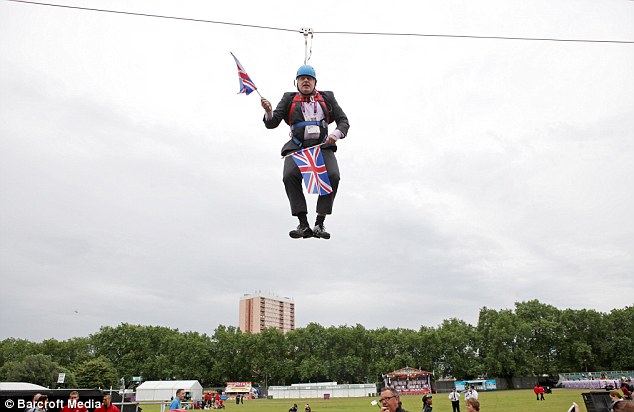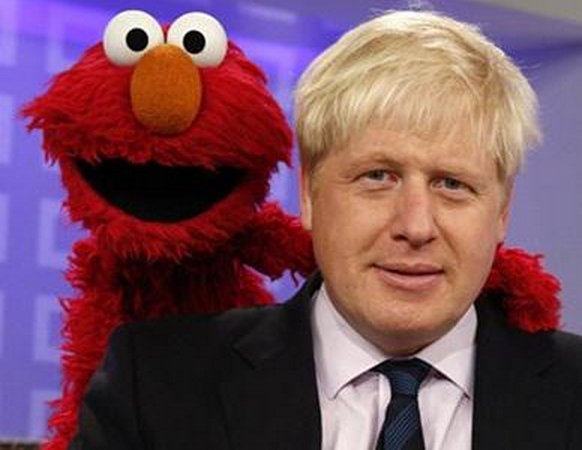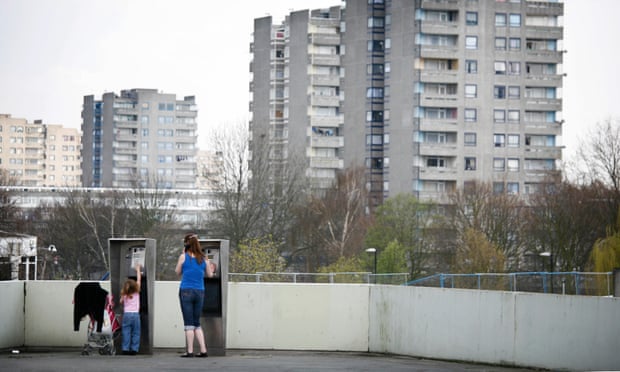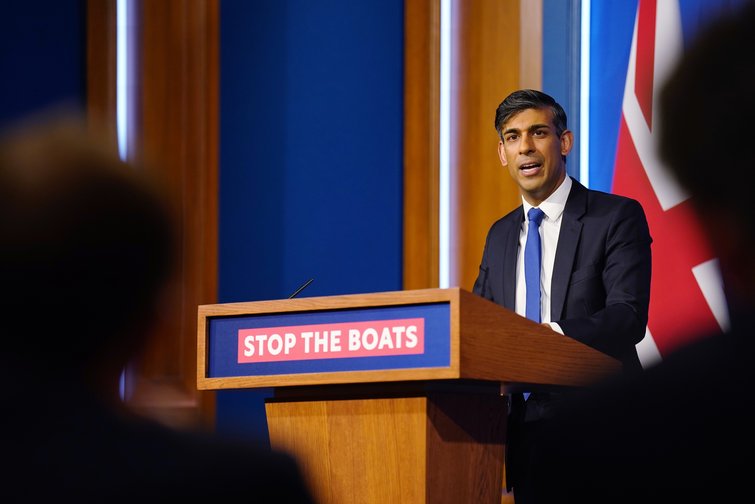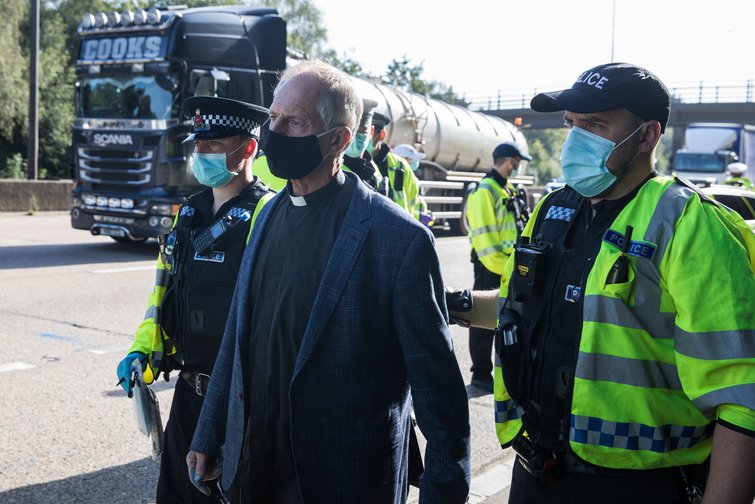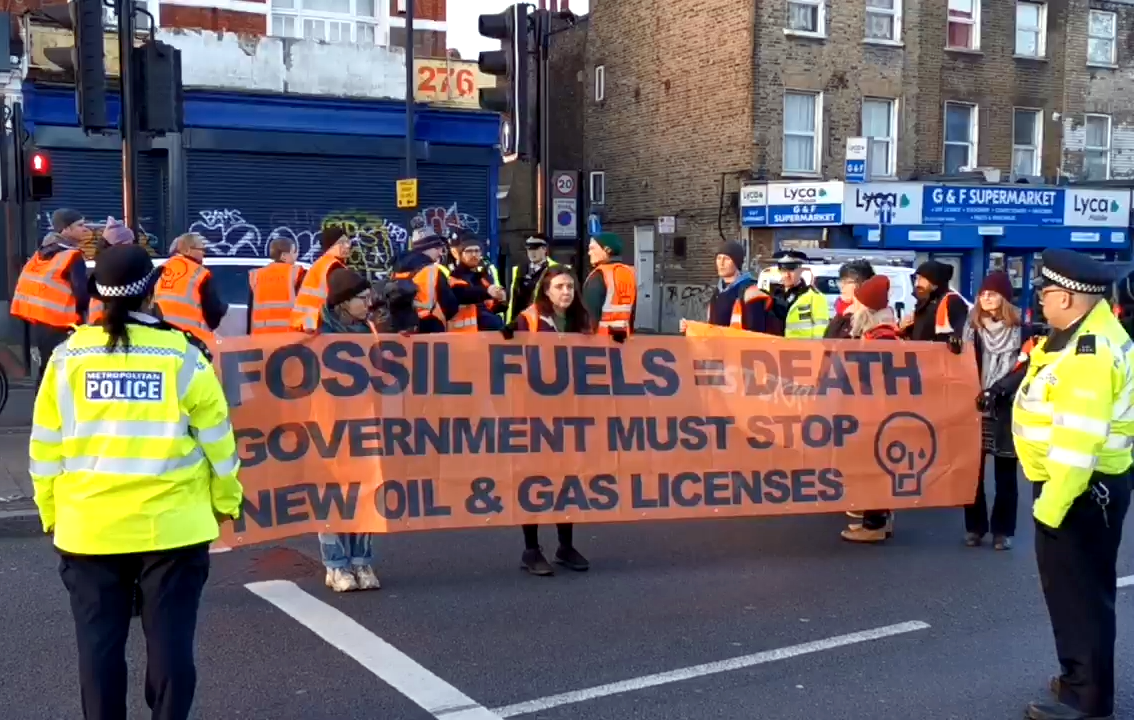March Against Genocide Isn’t News to New York Times
Original article by DAVE LINDORFF republished from Fair.org under a Creative Commons Attribution-NonCommercial-NoDerivs 3.0 Unported License.

Devoted New York Times readers are likely unaware that a huge protest was held in the nation’s capital on Saturday, January 13, to protest Israel’s wanton slaughter of tens of thousands of Gazan civilians, and to condemn “Genocide” Joe Biden’s weapon shipments and diplomatic backing for Israel. The Times, despite having a huge bureau in Washington, DC, did not mention the event, even over the course of the following week.

It’s hard to get an independent estimate of the number of people who showed up—Palestinians and Americans of all ages and races, including Jewish Americans, arriving from all parts of the country—because neither the Washington Metro Police nor the National Parks Service provides crowd estimates. What is clear from photo images of Freedom Plaza, a broad 500-foot-long rectangle that can easily accommodate over 100,000, is that there was what Newsweek (1/13/24) called a “massive” demonstration spilling over into adjacent Pershing Park, with still more thousands of protesters continuing to arrive along on Pennsylvania Avenue.
Protester John Reuwer, treasurer and a board member of the organization World Beyond War, is a veteran of many protests, large and small. He attended the January 13 protest, as well as an earlier one on November 4. Reuwer said he attempted to gauge the number of marchers when they began walking out of the plaza towards a planned White House protest. “It took one hour and 40 minutes to clear Freedom Plaza,” he said, guessing that the total protester count was “between 100,000–150,000.” (March organizers claimed to have had 400,000 protesters in DC, though that seems a high estimate to this author, who has attended plenty of protests, dating back to the early Vietnam War actions.)
Newsworthy alliance

By size alone, the rally deserved a story in the Times. But this wasn’t just one isolated US demonstration; it was part of a global call for protest against the ongoing assault on Gaza, which by January 13 had killed nearly 24,000, 70% of the victims being women and children. Times editors were surely aware that large anti-Israel, pro-Palestinian demonstrations were occurring around the US and the world (Al Jazeera, 1/13/24).
Even more newsworthy than the number of demonstrators and simultaneous global actions was the reality that this was the second mass action in DC in two months. In both cases, the lead organizers were Palestinian or US Muslim pro-Palestinian organizations.
Also newsworthy was that those two demonstrations both prominently featured activists from Jewish Voice for Peace (Newsweek, 1/13/24), a leftist anti-Zionist organization that claims to have some 400,000 members. This unique sponsorship marks a huge development after the two decades of widespread US Islamophobia that followed the 9/11 attacks, as well as a rare political alliance between US Muslims and anti-Zionist American Jews.
Surely all this deserved an article in the the nation’s leading newspaper.
True to form

The Times has a long history of ignoring or minimizing the newsworthiness of anti-war protests. As the late John Hess, a career New York Times journalist, wrote of the paper’s coverage of protest against the Vietnam War in his tell-all book about working for the paper, titled My Times: A Memoir of Dissent (Seven Stories Press, 2003):
The Times’ coverage of the Indochina war, as indeed all its news coverage, may be viewed as a battleground. On the one hand (to employ a favorite Times usage), a handful of reporters did noble work; on the other hand, editors reined them in, toned down reporting on the peace movement, passed up chances to break the news of the My Lai massacre, and followed the basic administration line on peace terms to the bitter end.
Journalist Jeff Cohen, a longtime media critic (and founder of FAIR), says:
The Times has a long-standing bias against activists and protests—especially if the protests are against US foreign policy, and especially if the Times is supportive or apologetic about official policy—which is most of the time. Totally ignoring the January 13 protest, to me, is not unusual. Times coverage has a bias that views politics as happening in the suites (or at election time), but certainly not in the streets. Public protests in which the US president is being labeled a genocide-enabler or mass murderer by unofficial actors—i.e., not elite politicians—are rarely going to make it into the news pages of the Times.

A former Times reporter recalls:
The NYT‘s coverage of protests has long been sporadic, hit and miss. Some editors would say, “Just because people are out there protesting doesn’t necessarily warrant a story. If the underlying subject or controversy is important, then we will cover that—that’s more important than covering the protest.”
This former Times reporter adds:
One annual protest that the Times covers almost religiously is the annual anti-abortion protest on each January anniversary of Roe v. Wade. it was never clear why Times pays so much more attention to that than to many other protests.
Indeed, true to form, the Times (1/19/24), after apparently deciding that the huge January 13 pro-Gaza protest didn’t warrant a story, less than a week later devoted 1,500 words to an annual March for Life anti-abortion rally on the National Mall, said to have been attended by “thousands.”
Original article by DAVE LINDORFF republished from Fair.org under a Creative Commons Attribution-NonCommercial-NoDerivs 3.0 Unported License.
